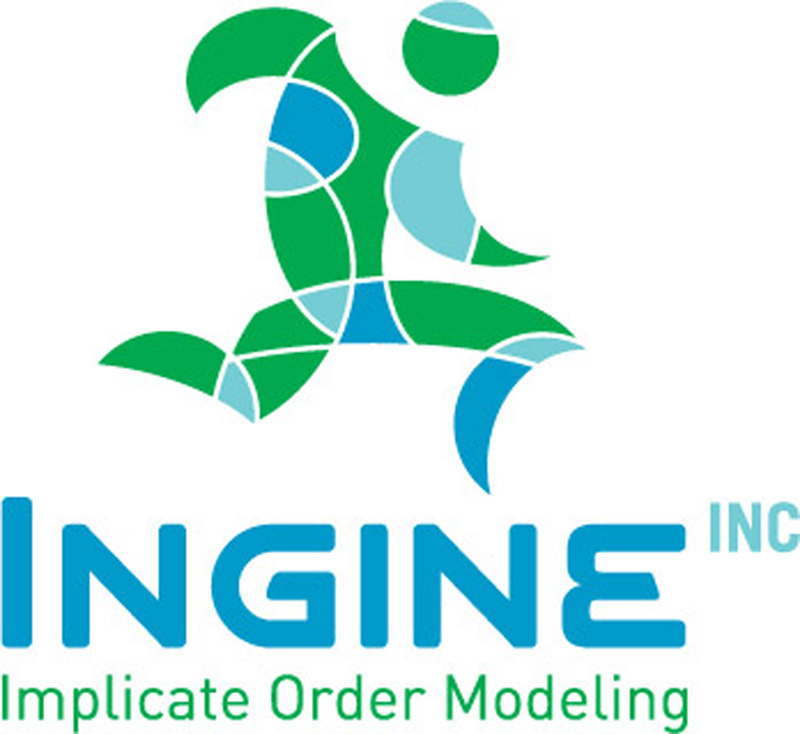Reflections on the Nature and Future of Systematic Review in Healthcare. by Barry Robson PhD DSc (Rough Draft, Version 1.0, Feb 22 2015) 1. Systematic Review A systematic review (SR) is “a high-level overview of primary research on a particular research question that tries to identify, select, synthesize and appraise all high quality research evidence relevant to that question in order to answer it” [1]. The systematic review is an approach to decision making to healthcare that is promoted by the Cochrane Collaboration [1]. The Cochrane Collaboration prepares, maintains and promotes systematic reviews to inform healthcare decisions as “Cochrane Reviews”. The approach is based upon the views expressed by Archie Cochrane [2] as to what strategy should be applied in healthcare in order to best benefit patients, and not least to avoid harming them. The general approach is consistent with that David Sackett [3] and Muir Gray [4] who framed, implemented, and refined Cochrane’s proposed methods as “Evidence Based Medicine”….
✖
